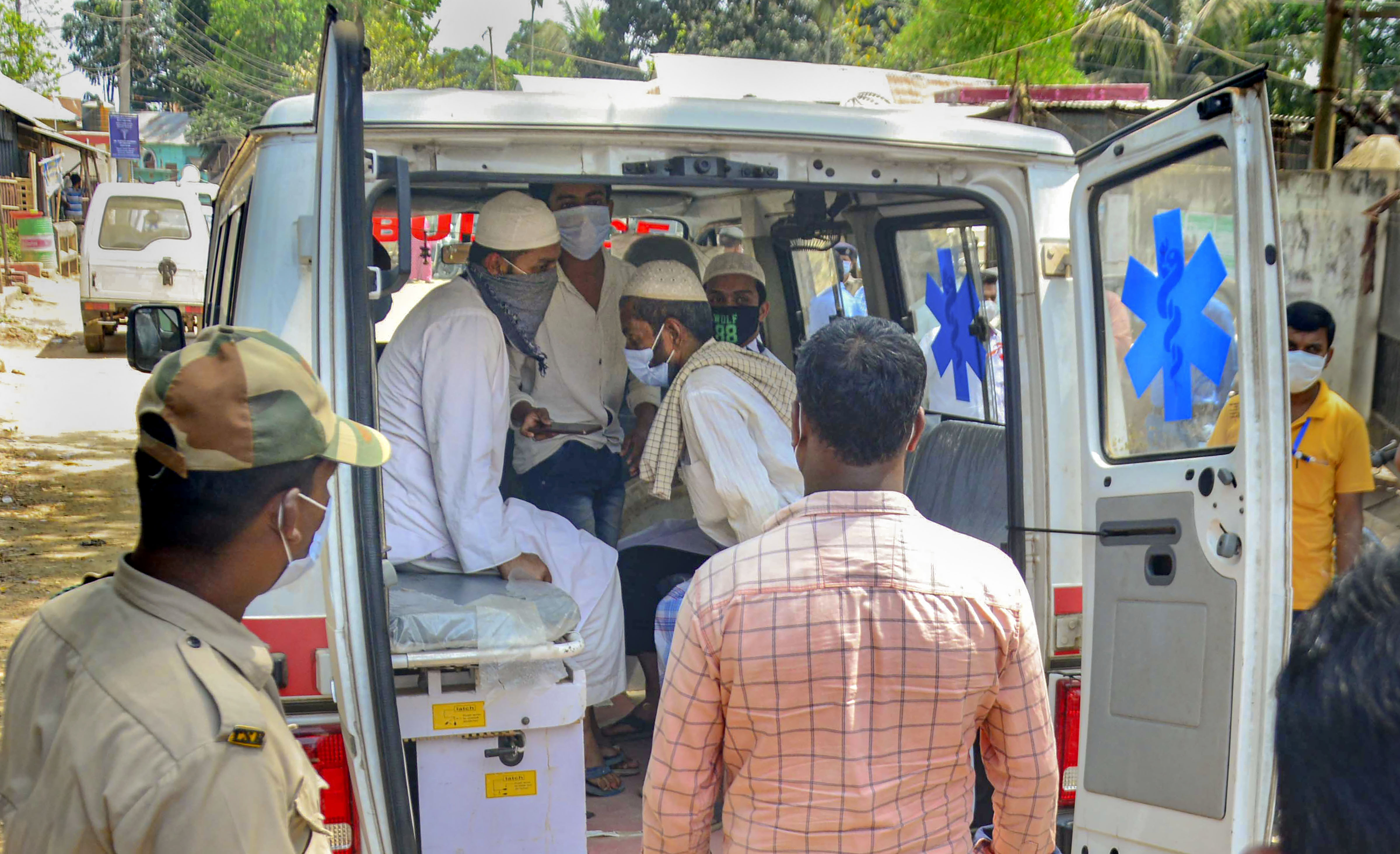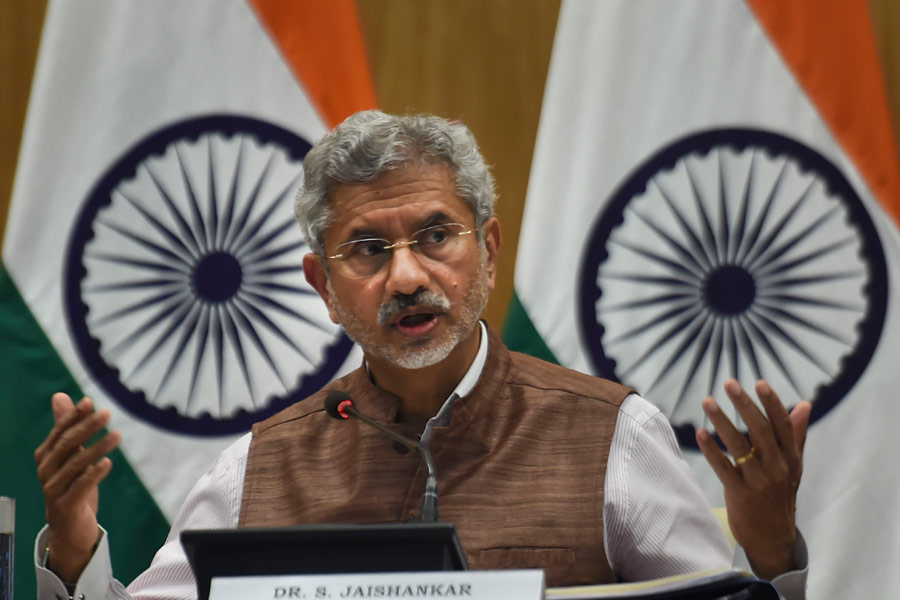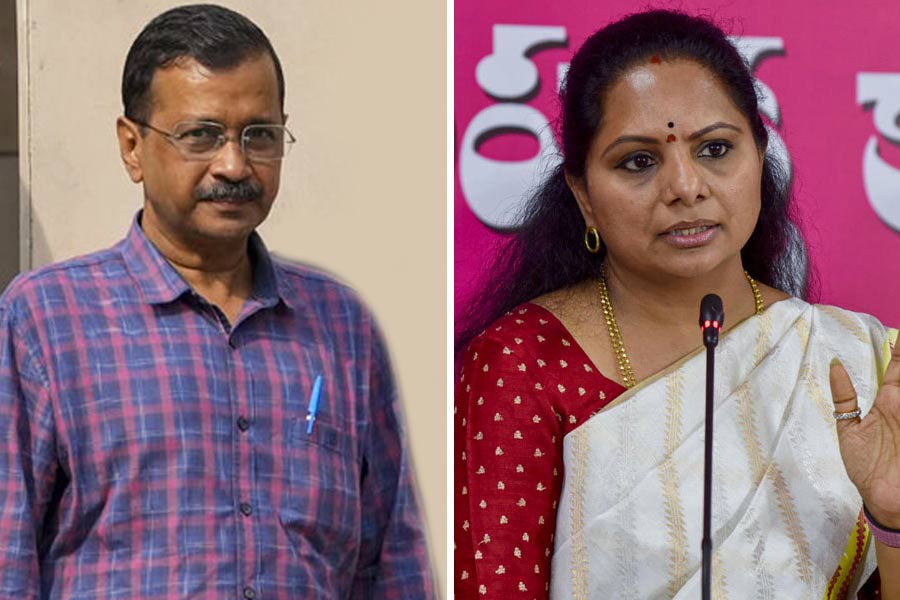New India seems to take perverse pleasure in baring its sectarian heart at every conceivable opportunity. The Union minister of minority affairs, Mukhtar Abbas Naqvi, stated that the Tablighi Jamaat committed a “Talibani crime” by organizing a religious event at the time of a pandemic. Mr Naqvi’s ire may have stemmed from the fact that some members of the congregation — the event had been attended by delegates from India and abroad — have fallen ill and, it is being feared, could have passed on the contagion. But the choice of his epithet — Talibani — to describe the Tablighi Jamaat’s alleged indiscretion is instructive. Drawing a parallel between a minority organization and jihadists is likely to inflame public sentiments. This defamation of a minority community may pile further stress on India’s pluralist, but fraying, social fabric.
Mr Naqvi’s grave charge has been contested by the Tablighi Jamaat. The Delhi police as well as the Delhi government, it insisted, had been apprised of the function. Indeed, a scrutiny of the chain of events proves to be revealing. On March 13, the day the congregation started, the Union home ministry had refused to acknowledge the coronavirus to be a health emergency. The bungling and resultant confusion may have created a sense of complacency. There are other blips — slips? — on the radar. The Epidemic Diseases Act, which prohibits large gatherings, had been put in place on the same date. The Tablighi Jamaat says that the lockdown, which was imposed by the prime minister only a few days after the health ministry exhibited its indifference to the gravity of the situation, had prevented its workers from dispersing. Why, then, did it take the authorities so long to wake up to the risk? Also, since the law is equal for all, the penalty for its violation should, in theory, be uniform. Why then has Mr Naqvi not chosen to speak up against Yogi Adityanath, the chief minister of Uttar Pradesh, who attended rituals in Ayodhya in the company of a crowd the day after Narendra Modi urged every Indian to stay indoors?
The virus, unlike politicians, spares no faith. The government that Mr Naqvi serves now has the task of tracking and quarantining the delegates, many of whom remain elusive. That, and not kindling mischievous flames, should be its first priority.










